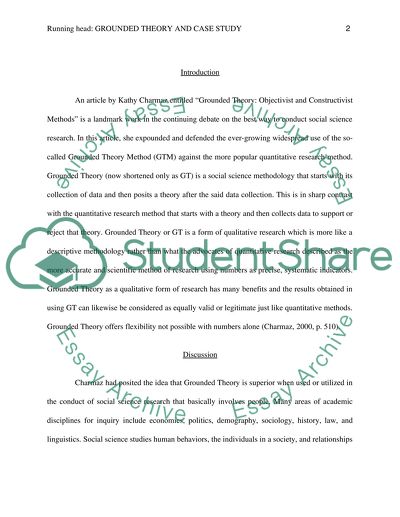Cite this document
(“An Emergent Method of Ground Theory for Conducting Social Research Essay - 9”, n.d.)
An Emergent Method of Ground Theory for Conducting Social Research Essay - 9. Retrieved from https://studentshare.org/social-science/1688254-reflective-essay
An Emergent Method of Ground Theory for Conducting Social Research Essay - 9. Retrieved from https://studentshare.org/social-science/1688254-reflective-essay
(An Emergent Method of Ground Theory for Conducting Social Research Essay - 9)
An Emergent Method of Ground Theory for Conducting Social Research Essay - 9. https://studentshare.org/social-science/1688254-reflective-essay.
An Emergent Method of Ground Theory for Conducting Social Research Essay - 9. https://studentshare.org/social-science/1688254-reflective-essay.
“An Emergent Method of Ground Theory for Conducting Social Research Essay - 9”, n.d. https://studentshare.org/social-science/1688254-reflective-essay.


